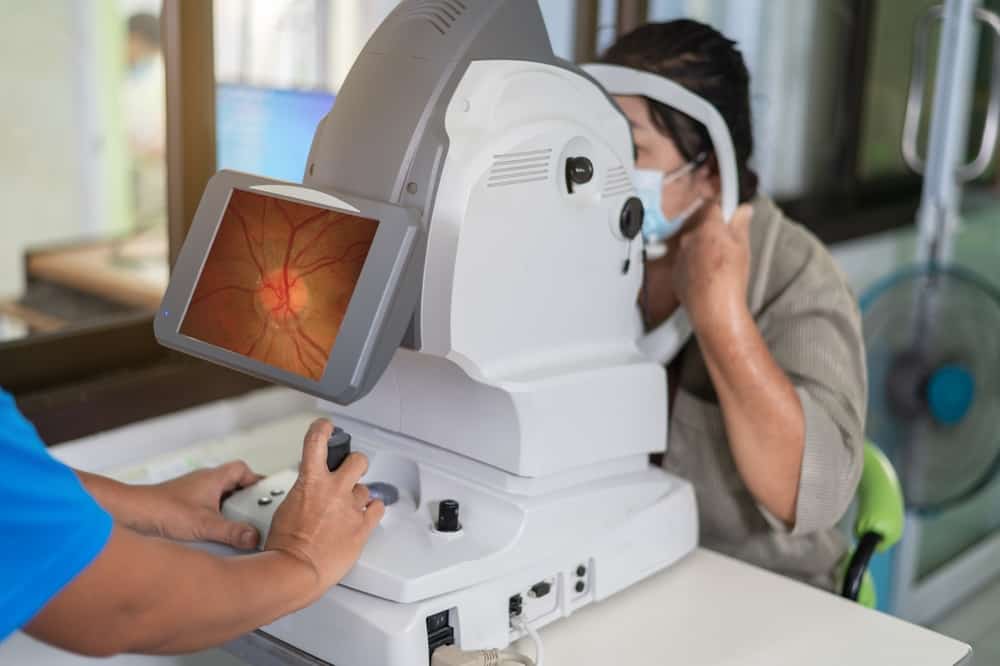Featured
Table of Contents

Routine eye assessments are vital for preserving great vision and discovering potential eye wellness issues early. However, the regularity of these exams can vary substantially based on an individual's age, lifestyle, and total health. Recognizing the recommended schedule for eye exams can help ensure that individuals of every ages get suitable care and tracking for their eye health.
Newborns and Toddlers (0-2 Years)
For toddlers and babies, eye exams are critical for identifying any type of possible vision troubles at an early stage. The American Academy of Ophthalmology recommends that a child's very first eye examination must occur at around 6 months of age. During this preliminary check out, the eye treatment expert will certainly analyze the youngster's aesthetic development and check for any type of noticeable eye problems.Following this first test, it is suggested that youngsters have an additional eye examination at age three. This see will focus on evaluating the child's general visual function, consisting of eye positioning and the capacity to track objects. If no issues are found, the following examination needs to be scheduled before the child starts college, generally around age five or 6.
School-Aged Children (6-18 Years)
Normal eye tests must be set up every one to 2 years when children get to institution age. Vision is important for discovering and development, and lots of institutions perform vision testings. However, these screenings do not replace a thorough eye test by an eye care expert.For children entailed in activities or sporting activities calling for considerable aesthetic focus, annual eye tests might be suggested. Furthermore, if a child exhibits indications of vision troubles-- such as difficulty reviewing, scrunching up your eyes, or frequent migraines-- a browse through to the eye physician must be scheduled immediately.
Young Person (19-39 Years)
Young person normally have less vision adjustments than older age teams, yet routine eye exams stay necessary. The basic referral is to schedule an eye exam every 2 years during this duration. Individuals with certain risk aspects-- such as a household background of eye disease, diabetic issues, or those who put on call lenses-- ought to consider annual eye exams.Additionally, those who spend substantial time on digital devices might experience electronic eye pressure. If signs and symptoms such as dry skin, fatigue, or obscured vision occur, it might be smart to see an eye care expert earlier.
Adults (40-64 Years)
Grownups aged 40 to 64 need to set up eye examinations every one to 2 years. Eye tests can also aid discover various other common age-related problems such as glaucoma, cataracts, and macular deterioration.If individuals in this age have danger elements such as high blood pressure or diabetes mellitus, they might require more constant evaluations to check their eye health and wellness carefully.
Seniors (65 Years and Older)
For senior citizens, regular eye tests come to be even a lot more important. The American Optometric Association recommends that individuals matured 65 and older have an eye test at least once a year.Verdict.
Comprehending the proper routine for eye tests based on age is crucial for keeping optimal eye health and wellness throughout life. By sticking to these guidelines and consulting with an eye care expert, people can take aggressive actions toward preserving their vision and total health and wellness.Latest Posts
Host Your Perfect Occasion: Location Rental Alternatives for each Event
Published Mar 03, 25
1 min read
A Glamorous Getaway: The Claridge Indoor Swimming Pool
Published Jan 31, 25
1 min read
Furnishings Styles Living Area
Published Jan 24, 25
0 min read